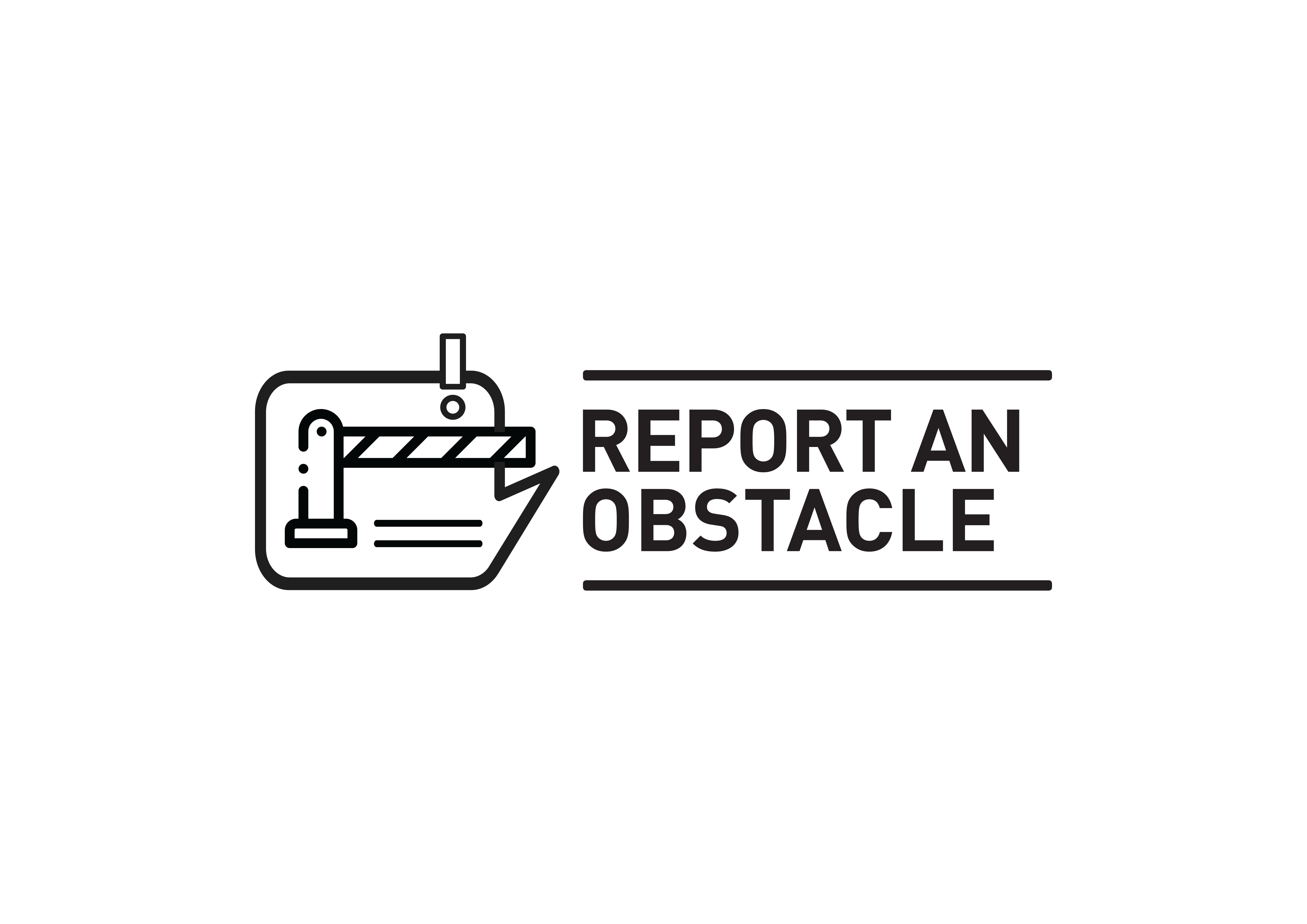In addition to supporting formal educational institutions, we will explore initiatives aimed at supporting informal and lifelong education from early childhood to adulthood. our aim is to nurture both quality education of the arts, as well as a wider appreciation of the arts and their cross-section with different fields of knowledge and practice.
One of ACM’s essential roles is to lay the foundation for cultural and creative operators to function and thrive. Education lies at the heart of this process, nurturing and supporting the arts’ important contribution to students’ holistic development and the wider school community. Exposing students to creativity in teaching (even in core subjects) promotes 21st-century transversal skills, including critical thinking, collaboration, communication and real-world problem-solving.
In addition to supporting formal educational institutions, we will explore initiatives that bolster informal and lifelong education from early childhood to adulthood. Our aim is to nurture quality arts education, as well as encourage wider appreciation and awareness of the arts and how it intersects with different fields of knowledge and practice. Our vision for the sector’s growth also entails other forms of development outside the immediate sphere of education. We intend to support the continuous development of all artists and practitioners, from those operating in traditional or grassroots settings to those working in academia and the public, private and voluntary sectors. We will adopt a cross-sectoral and holistic approach while remaining mindful of current and future trends identified by the Council of Europe’s conclusions on the Work Plan for Culture 2019-2022 – namely, the digital shift, globalisation, growing societal diversity and changing working environments.
ACM will continue advocating for key stakeholders in education to recognise creativity, culture and the arts as viable career pathways within the contemporary knowledge economy. And by supporting partnerships between PCOs and educational institutions, we will facilitate the provision of vocational support in career development and address the creative aspirations of students and educators. As stated in the National Cultural Policy 2021:
“[G]iven the trends and changes in career boundaries, the creative pedagogies, essentially, teaching for creativity and creative learning that sustain education for the Arts are fast becoming a necessary skills set for every student as more and more future jobs will involve creative application, digital communication skills and creative entrepreneurship.”10
10 This reflects the transversal 21st-century skills students will need to acquire as active learners.




Arts Council Malta unveils critical evaluation of arts education across schools in Malta and Gozo List of recommendations to be integrated within campaign to fulfil Strategy2025 pillars. Friday 24 November 2023
ERASMUS+ Traineeship at the National Pavilion of Malta - La Biennale di Venezia 2022 - closed Monday 4 July 2022
The hills are alive with the sound of redefining cultural diplomacy Thursday 7 July 2022
ACM Funding Schemes & Opportunities Monday 23 May 2022
Submitting ...
Saving ...
Any applications related to this entity, will also be automatically deleted.